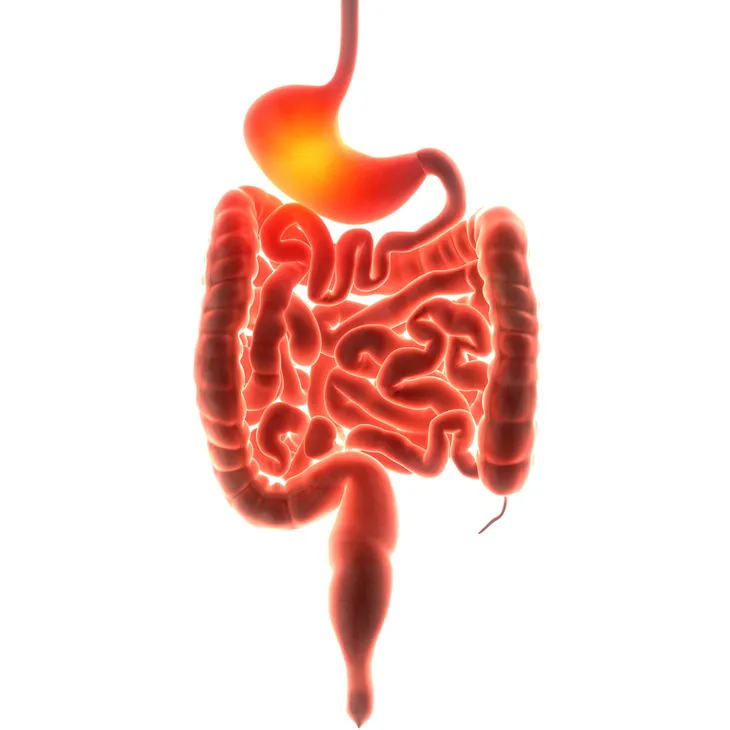There are hundreds – no, thousands – of possible (but real) medical conditions out there, and some of them you may hear about routinely. However, just because you see the name of a condition often in the media or from friends, does that make it legitimate?
It’s important to get a diagnosis from a doctor, and perhaps get a second opinion, before assuming you have a disease or disorder. Here are seven medical conditions that have plagued people for years, but scientifically don’t exist, or are actually another condition with similar symptoms…
1. Colic
This is a condition that apparently is the reason behind many babies crying for hours on end. While many doctors will diagnose a baby with “colic,” according to an expert on the subject, colic doesn’t actually exist – it can be resolved with a different parenting strategy.
Colic was a condition coined by an American pediatrician in 1954, and was generally accepted to be a real thing that makes some babies cry more than others, according to WarpedSpeed.com. The articles points out that a parenting expert has much more recently said that colic is “not a medical issue, but a parenting issue instead.” It could likely be due to babies feeling a lack of security, it adds.
2. Wilson’s Syndrome
This is apparently a condition that affects the level of hormones produced by the thyroid – except that it’s not real, according to the Mayo Clinic. “Wilson’s syndrome is a label applied to a collection of nonspecific symptoms in people whose thyroid hormone levels are normal,” it notes.
The clinic says the American Thyroid Association has no scientific evidence of this condition, although some patients may have persistent symptoms that can’t be explained by a doctor. Beware of alternative medicine in this case – “Unproven therapies for so-called Wilson’s syndrome may leave you feeling sicker,” it adds. If you have hypothyroidism, which is a legitimate problem with your thyroid, it will show up in a blood test.
3. Chronic Lyme Disease
Sure, Lyme disease is an-too-real condition resulting from an infected tick bite – it’s actually the most common tick-borne infection in the northern hemisphere, says The New England Journal of Medicine. But a chronic version is a misnomer, adds the source. “The diagnosis of chronic Lyme disease and its treatment differ substantively from the diagnosis and treatment of recognized infectious diseases,” notes the source.
There are cases where some symptoms may persist following treatment of Lyme disease, but it’s clinically known as “post-Lyme disease,” explains the source. The misleading twist here is that some practitioners may suggest that chronic Lyme disease requires ongoing antibiotic treatment, or may even be incurable, it adds. Sometimes a diagnosis of chronic Lyme disease will be made without any previous scientific evidence of the disease, says the clinic.
4. Morgellons Disease
Apparently a good number of people suffer from this mysterious condition, except that WebMD says studies “find no underlying cause of the illness.” The main symptom that patients complain about is sores that are slow to heal, and feels like “bugs are crawling under their skin.” In some cases, patients even report strange “fibers” and even worms coming out of the skin after scratching themselves raw.
However, a study launched by the Centres for Disease Control and Prevention (CDC) in 2008, which examined blood and urine samples from patients claiming to have this disease, could not pin down a common cause, notes WebMD. “The findings do not rule out the possibility that Morgellons is a newly recognized disease,” it adds.
5. Adrenal Fatigue
This is a commonly talked-about condition that causes the patient to have symptoms of fatigue and generally feeling burnt out. However, a Washington Post article says the condition itself may be fictitious, a diagnosis often made by naturopaths and holistic nutritionists “that offers hope for the chronically tired.”
The thought is that the adrenal glands (above the kidneys) don’t produce enough cortisol, a stress hormone. Too much stress is blamed for overworking the glands and leading to the condition that leaves patients feeling tired constantly. However, adrenal fatigue “isn’t recognized by any endocrinology societies or endocrinologists, medical doctors who specialize in hormone-related health problems,” adds the source. However, doctors do recognize adrenal insufficiency, but it’s not from stress – because stress actually just produces more stress hormones.
6. Leaky Gut Syndrome
This sounds unpleasant, but chances are you don’t have it, because the Canadian Society of Intestinal Research (GI Society) claims it may not be real. It does acknowledge that debate continues about the condition, which apparently causes chronic inflammation in the body and a variety of other symptoms.
However, the source adds “there is no quality research to support the existence of ‘leaky gut syndrome,'” and that this may be a dangerous diagnosis because other proven diseases share the same symptoms. That means the patient may never get the treatment they really need.
7. Wind Turbine Syndrome
This is a condition apparently believed to be related to low-frequency noise created by wind turbines that generate electricity. The idea that low-frequency sound is dangerous to humans is “scientifically dubious,” although it’s been romanticized for years – probably thanks to unscientific research in 1960’s that generated sensationalistic reports, explains an article in The Atlantic.
The article says modern media still talks about this syndrome, “despite the existence of a multitude of experiments that have failed to show any harm at these low frequencies.” Those who oppose wind farms often cite the dangers of “infrasonic” noise as a main reason to stop construction of turbines, it adds.










